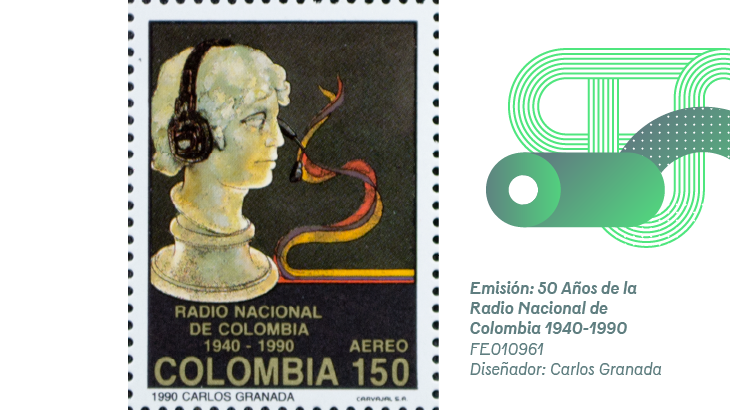Can radio campaigns affect fertility? This paper examines the impact of a national radio campaign promoting family planning clinics in late 1960s Colombia on the country's rapid fertility decline. The campaign, initiated by Profamilia in 1969, provided information about the location of clinics without giving detailed contraceptive information. Using data from the full count 1973 census and information on clinic locations and radio programs, the study leverages exogenous variation in radio signal strength to estimate the campaign's effect on fertility. I follow a difference-in-differences strategy to compare fertility before and after the start of the radio campaign at the individual level. The findings indicate that the radio campaign reduced between 4% to 16% the probability of having a child one year after the campaign. The effects are stronger for women living close to a Profamilia clinic. However, by 1973 motherhood was still almost universal. This research contributes to the understanding of the effects of family planning programs and media exposure on fertility decline, highlighting the role of media in overcoming geographical barriers and driving social change.


